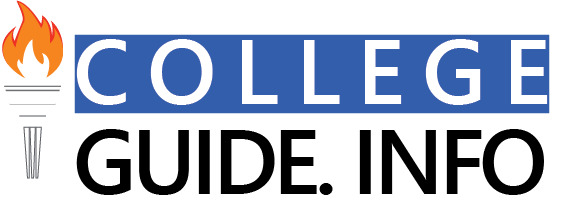





10 Interesting Facts about Lehman College, CUNY
- Founding: Lehman College, CUNY was founded in 1931 as the Bronx campus of Hunter College. It became an independent college in 1967 and was named after former New York Governor Herbert H. Lehman.
- Location: The college is situated on a 37-acre campus in the Bronx, providing students with access to a diverse and dynamic urban environment.
- Academic Programs: Lehman College offers a wide range of undergraduate and graduate programs in various disciplines, including liberal arts, sciences, business, education, and health.
- Diverse Student Body: Lehman College is known for its diverse student population, representing different cultures, ethnicities, and socioeconomic backgrounds.
- Lehman Scholars Program: The Lehman Scholars Program provides academically talented students with enhanced educational experiences, research opportunities, and mentorship.
- Schools and Divisions: The college is organized into several schools and divisions, including the School of Arts and Humanities, the School of Natural and Social Sciences, and the School of Education.
- Lehman Performing Arts Center: The Lehman Performing Arts Center serves as a cultural hub, hosting concerts, performances, and events that contribute to the artistic vibrancy of the Bronx.
- Leon and Toby Cooperman Library: The library at Lehman College provides students with extensive resources, research support, and a conducive learning environment.
- CUNY Athletic Conference: Lehman Lightning competes in NCAA Division III sports as part of the City University of New York Athletic Conference (CUNYAC).
- Community Engagement: Lehman College is actively engaged with the surrounding community through outreach programs, partnerships, and initiatives that address local needs.
CUNY Lehman Admissions
Hunter College Acceptance Rate: 58%
| SAT Score | 960-1080 |
| ACT Score | — |
| Application Fee | $65 |
| SAT/ACT | Considered but not required |
Lehman College, CUNY Tuition
CUNY–Lehman College’s tuition is $7,410 for in-state and $15,360 for out-of-state students. Compared with the national average cost of in-state tuition of $11,560, CUNY–Lehman College is cheaper.
Programs
Accounting
Africana Studies
Aging
Accounting
Anthropology
Interdepartmental Concentration in Anthropology, Biology, and Chemistry
Arabic
Art
Biology
Business
Business Administration
Chinese
Chemistry
Classical Civilization and the Classic Tradition
Comparative Literature
Computer Graphics & Imaging
Computer Science
Computer Information Systems
Dance
Dietetics, Foods, and Nutrition
Earth Science
Economics
Economics and Mathematics
Education
English
Environmental Science
Exercise Science
Film and TV Studies
French
Geography
Geographic Information Science
Greek
Health Education and Promotion
Health N-12
Health Services Administration
History
Human Rights and Peace Studies
Interdisciplinary Minors
Italian
Italian-American Studies
Irish
Japanese Studies
Journalism
Latin
Latin American and Caribbean Studies
Latino Studies
Bachelor of Arts or Sciences (BA or BS) in Liberal and Interdisciplinary Studies
Liberal Studies
Linguistics
Mathematics
Mathematics & Instruction
Media Communications Studies
Middle Eastern Studies
Multimedia Performing Arts
Music
Nursing
Nutrition
Organizational Leadership
Organizational Leadership, Development and Change
Philosophy
Physics
Political Science
Professional Communications
Psychology
Public Health
Recreation Education
Sociology
Spanish
Speech Pathology & Audiology
Speech Language Pathology
Theatre
Therapeutic Recreation
Enrollment
Full-Time Enrollment
7,927 Undergrads
Part-Time Undergrads
4,448

